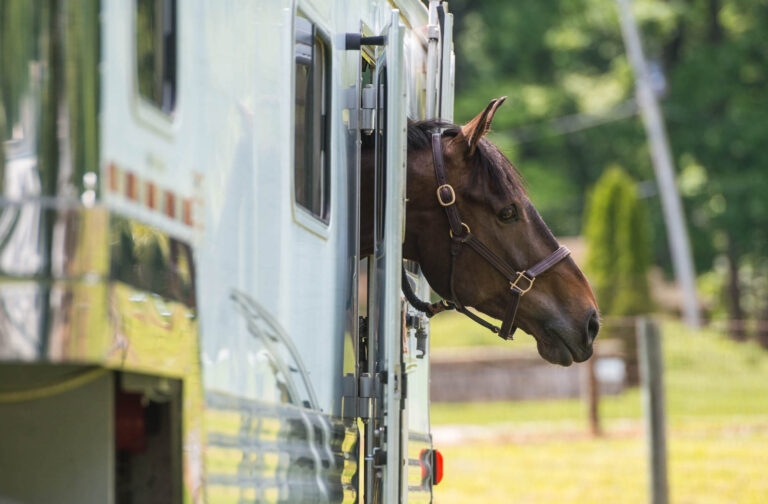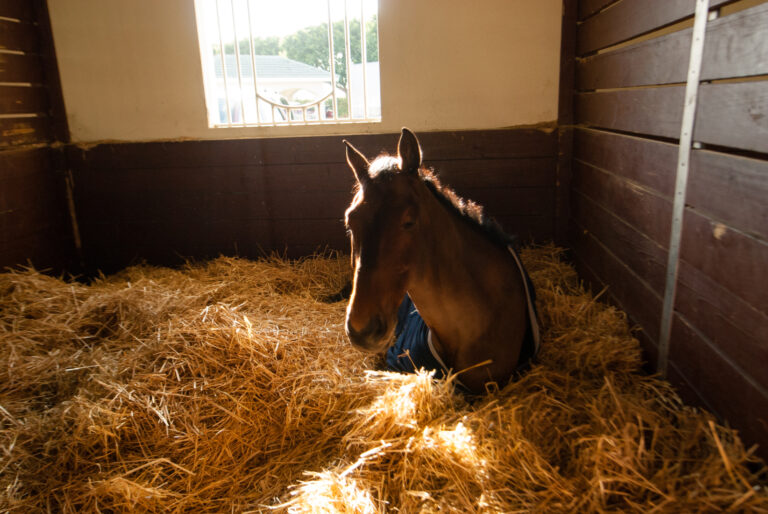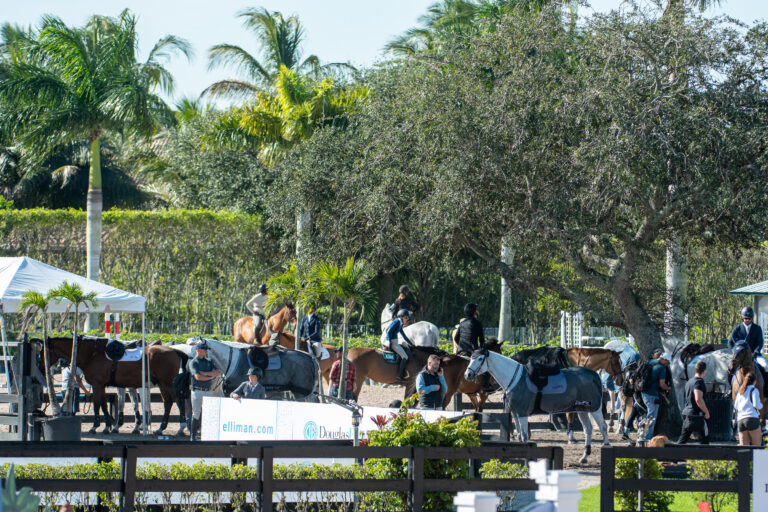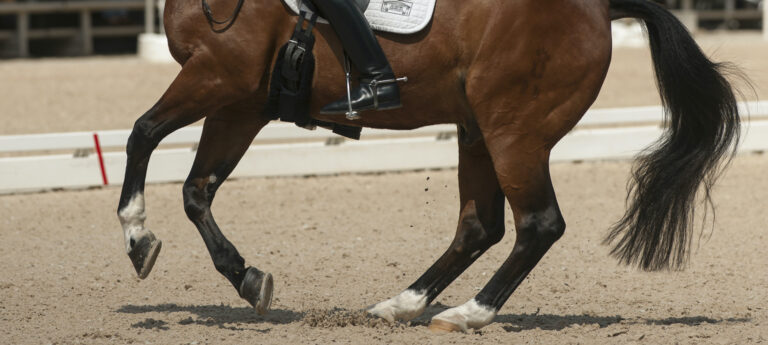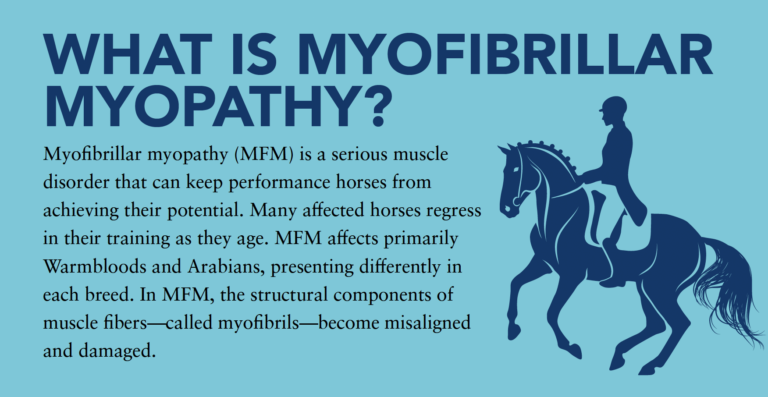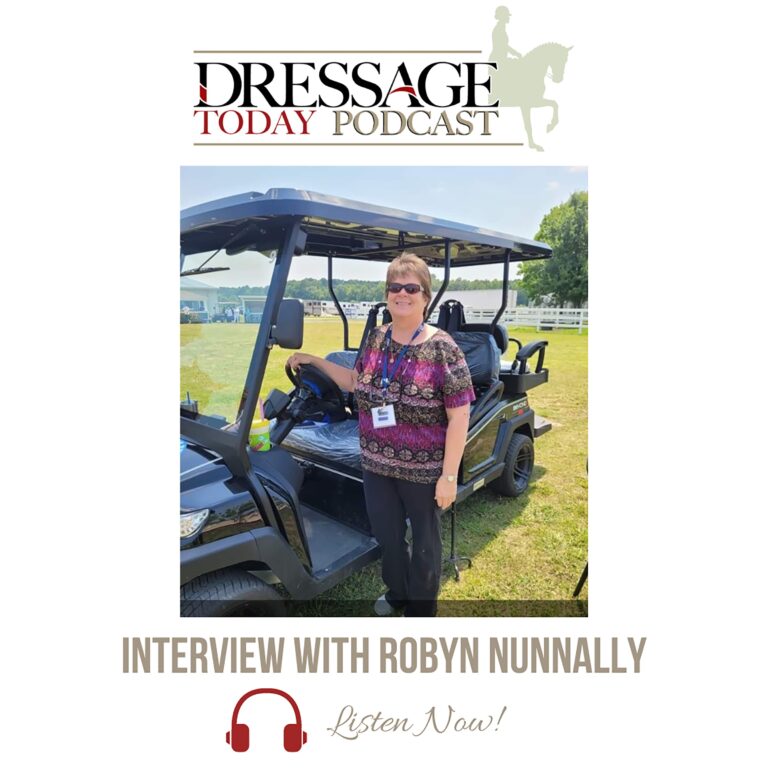Q: Are there any tips on how to protect my horse from disease outbreaks when we’re on the road and at home? —Name withheld by request
A: Biosecurity, or reducing the potential for a disease outbreak, is crucial to maintaining your horse’s health. However, total elimination of all disease risks for horses is highly unlikely, as bacteria and viruses can be brought in and spread at an equine facility by horses, people, dogs, cattle, vehicles, equipment, insects, wildlife—the list goes on.
Implementing biosecurity measures where possible is key to helping protect the health of your horse and the overall health of the equine industry. Vaccination remains the most effective way to help protect horses against disease.
Following are some general biosecurity tips:
1. Evaluate your horse’s risk factors and develop a vaccination program to meet his needs. A standard one-size-fits-all equine vaccination program does not exist, so work with your veterinarian to develop a program to help protect your horse from core and risk-based equine diseases. Key equine disease risk factors include: exposure to other horses, travel, exposure to wildlife, exposure to standing water and age.
2. Use a hand sanitizer or wash your hands with soap and water after handling each horse.
3. When filling buckets, keep the hose nozzle above the water level. Do not allow the nozzle to touch the bucket.
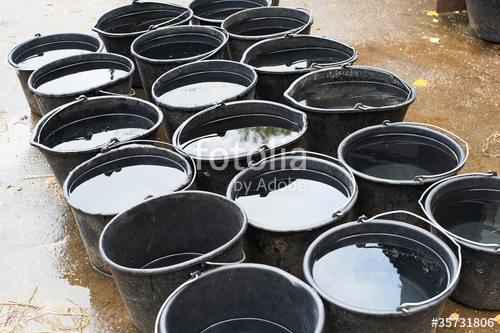
4. Designate your wheelbarrows for use with feed or waste. Do not use the same wheelbarrow for both.
5. Clean and disinfect equipment before using with different horses. This includes halters, bits, bridles, lead shanks, twitches and clipper blades.
6. Bandages and rags should be washed with detergent and soaked in disinfectant prior to reuse.
7. Assign grooming tools, halters, feed tubs, water buckets, girths and saddle pads to an individual horse and clearly label.
8. Do not share multidose medications between horses.
9. Limit your horse’s exposure to pest disease vectors including mosquitoes, flies and wildlife. Keep feed secure and eliminate standing water.
10. Isolate any animals showing signs of illness immediately.
Traveling with your horse substantially increases his risk of disease infection. When horses travel, they are exposed to a large number of horses from different areas and conditions beyond the normal fluctuations in temperature. In addition to abnormal conditions, travel can cause horses to be stressed, resulting in decreased immunity. Be sure to use the following biosecurity measures to help ensure you return home with a healthy horse.
Before leaving home:
• Work with your veterinarian to design a vaccination program based on your horse’s risk levels and the event’s health requirements.
• Contact your veterinarian to obtain certified veterinary inspection (CVI) health papers and the results of a Coggins test. Be sure to travel with both of these documents at all times.
• Update your horse’s health records and have them accessible.
At the show:
• Prior to unloading, ensure your horse’s stall is clear of old bedding, organic matter and other materials. Scrub stall walls with a detergent solution and spray all surfaces with a disinfectant.
• Do not use communal water buckets or feed tubs.
• Limit your horse’s interaction with other horses, including sniffing noses.
• Take your horse’s temperature every day to help you quickly identify illness. Keep a daily log for each horse.
Returning home:
• Before leaving the show grounds, clean and disinfect all tack and supplies.
• Isolate returning horses for two to three weeks before allowing them to co-mingle with horses who remained home. Monitor them daily.
• Clean and disinfect your horse trailer between each use.
• Change your clothes and boots prior to handling horses who stayed at home.
If you are traveling to events with one horse, be sure to vaccinate your whole herd, not just select horses. If you vaccinate only one horse in a group, other horses that are not immunized could get sick. As a reminder, anything that touches a horse may carry the potential to transfer disease pathogens to another horse. If you suspect your horse is sick, immediately isolate him and contact your veterinarian.


